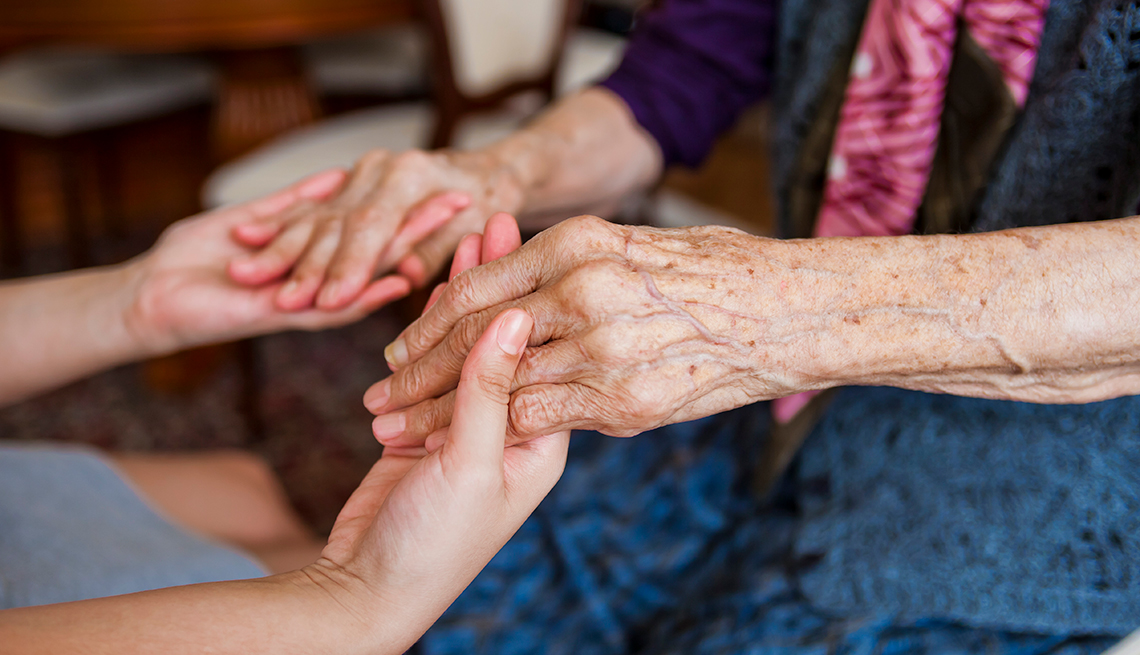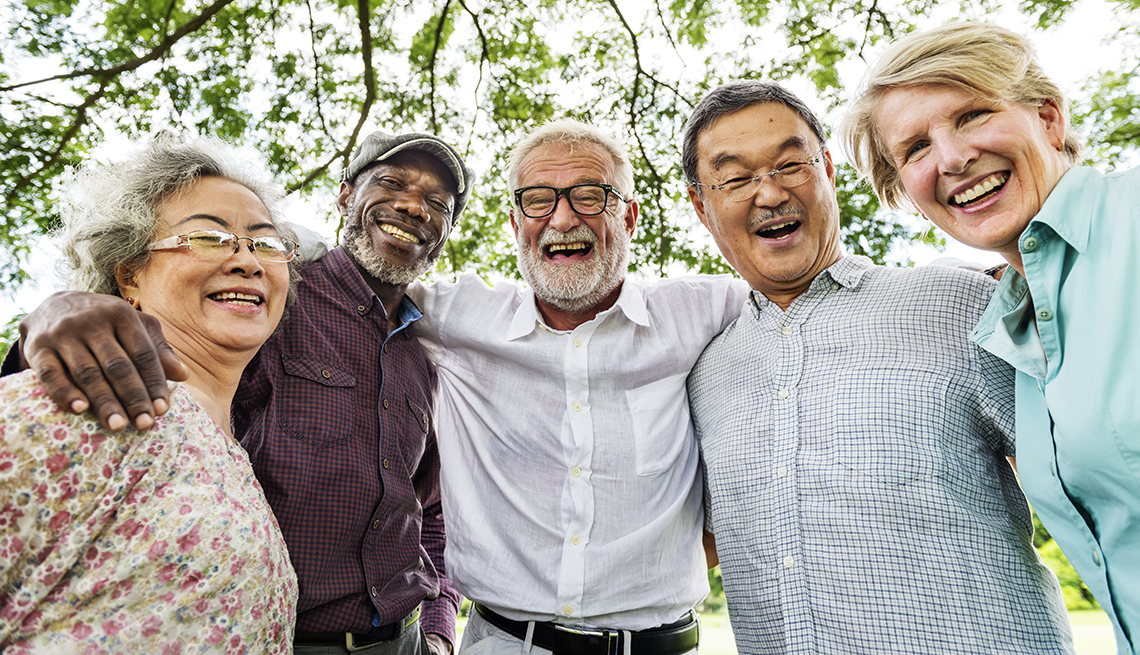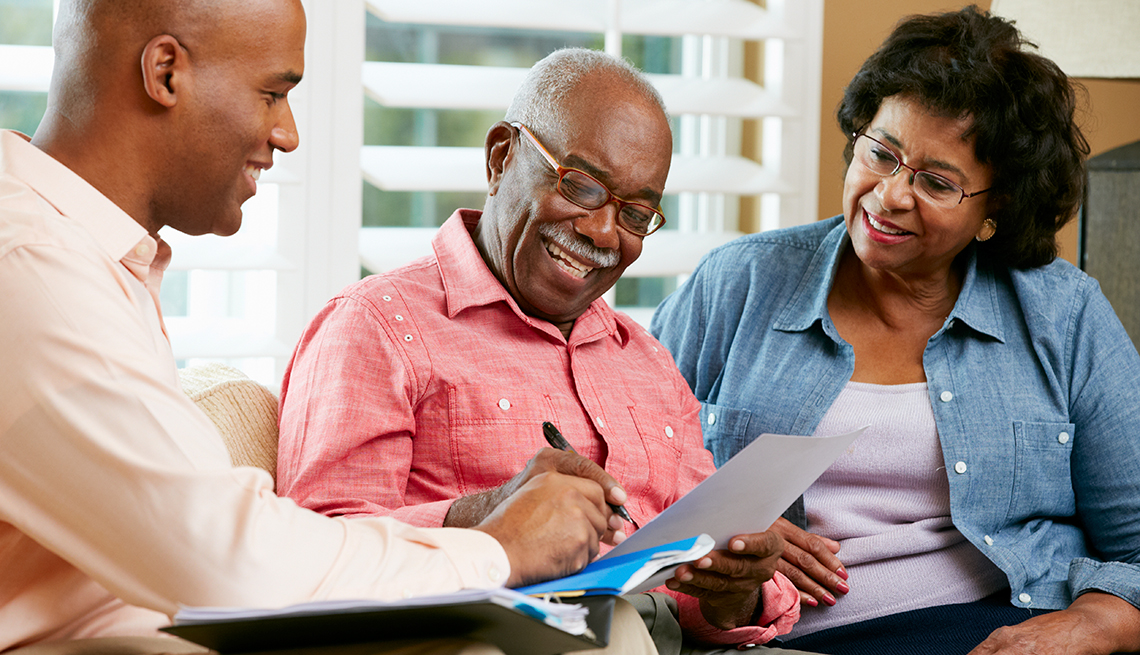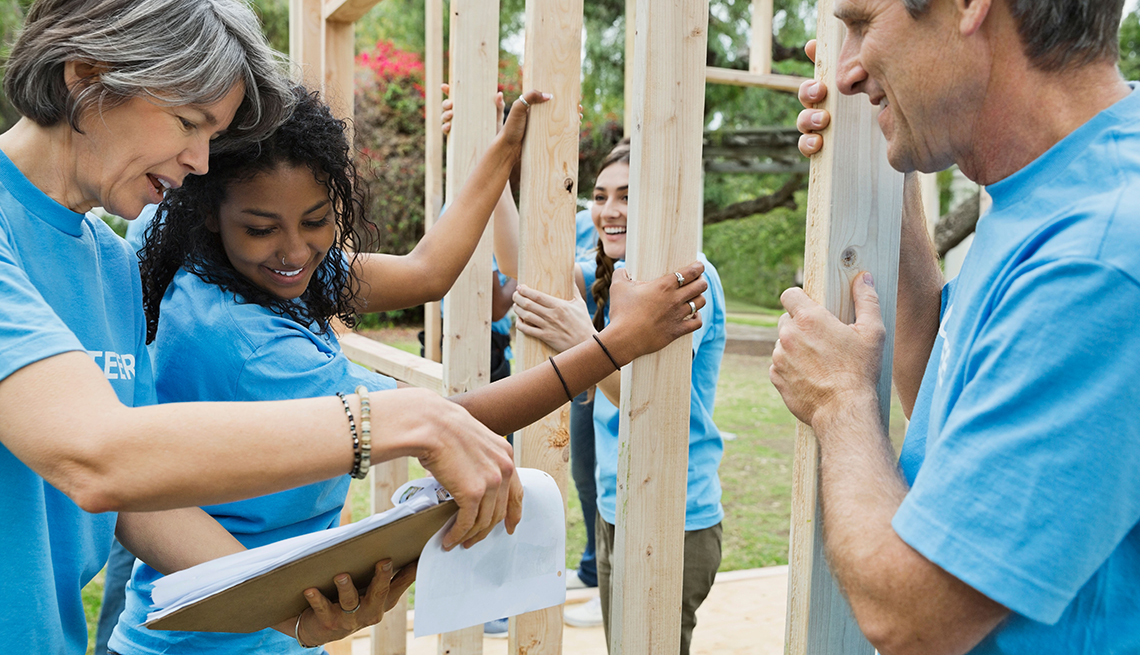Ways to Give
Donate
Be a part of the solution. Your contribution can help millions of older adults to improve their quality of life.
Corporate Philanthropy
Learn sponsorship opportunities with AARP Foundation to help older adults with low income seize opportunities to re-enter the workforce, bolster their budgets, give back to their communities, and recover from disasters.
Opportunity Builders
Become a true partner in our work and get exclusive recognition, access and benefits in one of four levels, starting at $1,000.
Leave a Legacy
Your gift can help ensure that America’s seniors will be served and supported by AARP Foundation’s programs.
Volunteer
Take an active role in helping struggling seniors in your community through volunteer opportunities.
Donor Advised Funds
Have a donor advised fund? Make an impact on senior poverty by making a grant to AARP Foundation.







